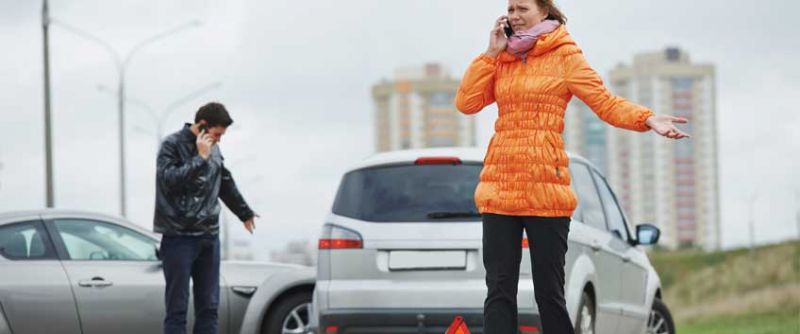A roadside emergency happens and they happen anywhere and anytime. No matter if your car is brand new, or pretty older, no matter if you buy it right from the showroom, or it is a second-hand purchase from a car dealer, no one is insured by breakdowns and knowing how to deal with roadside emergencies is very, very important. After all, you may fall into complicated situations, where there is no mechanic around to help you and having an emergency kit and knowing how to use it is crucial.
What your emergency kit should include is a spare tyre, jump leads, a socket wrench, engine oil and first aid kit and these things won’t take almost any space in the car boot, so do not hesitate to make sure you have them with you anywhere, especially if you buy a used car, which is not equipped. And when it comes to unexpected emergency situations and how to deal with them, here is the list we have made for the most common problems you may experience:
Flat tyre and how to change it
Flat tyres are something that happens in almost everyone’s driving experience and they sometimes can be dangerous. If you are on the motorway, be sure to call the roadside assistance. You are not going to be able to go too far with a flat tyre, so pull over and follow the instructions. Firstly, engage the handbrake and turn the hazard lights on and then remove the wheel trim and use a bottle jack, so you can raise the wheels off the ground and carry on. When you fit the spare tyre, make sure you don’t overtighten the wheel nuts.
Bogged vehicle
Well, prepare yourself with a lot of patience for this one! Everything you do is pressing on the accelerator that will allow the spinning wheels to move forward. Taking your foot off the accelerator is making the vehicle roll backwards and then you immediately place your foot on the accelerator and move forward again and continue with taking your foot on and off until the vehicle is able to move again.
Overheating engine
If you happen to experience an overheated engine, then it is important to turn off the car immediately and wait for the engine to cool down with an open car bonnet. Once the engine cools down, check the engine oil and the coolant levels, because there can be a leak. If there is a leak, be sure to call your mechanic and ask for a visit.
Dead battery
If there is another vehicle around, ask for help using jump leads to charge the battery. If this method doesn’t help, then call your mechanic and ask for assistance.
Car accident
Finally and the most important one – if you experience a car accident, the first thing you have to remember is don’t move any injured passengers, although you would want to try and help them. Try and focus on noticing all the details of your location, any signs if there are any, landmarks and other details and call the police. Later on, contact your insurance company and report the accident. Most importantly – drive safe!
